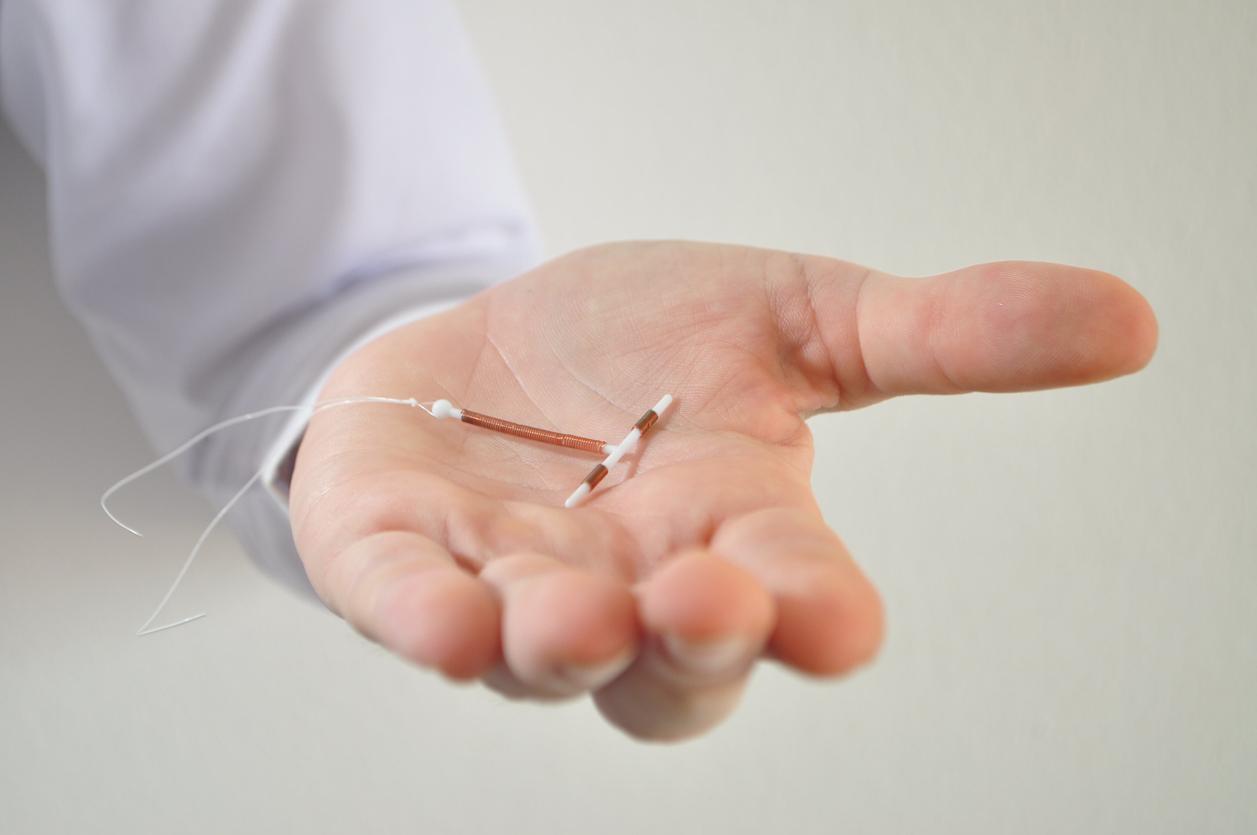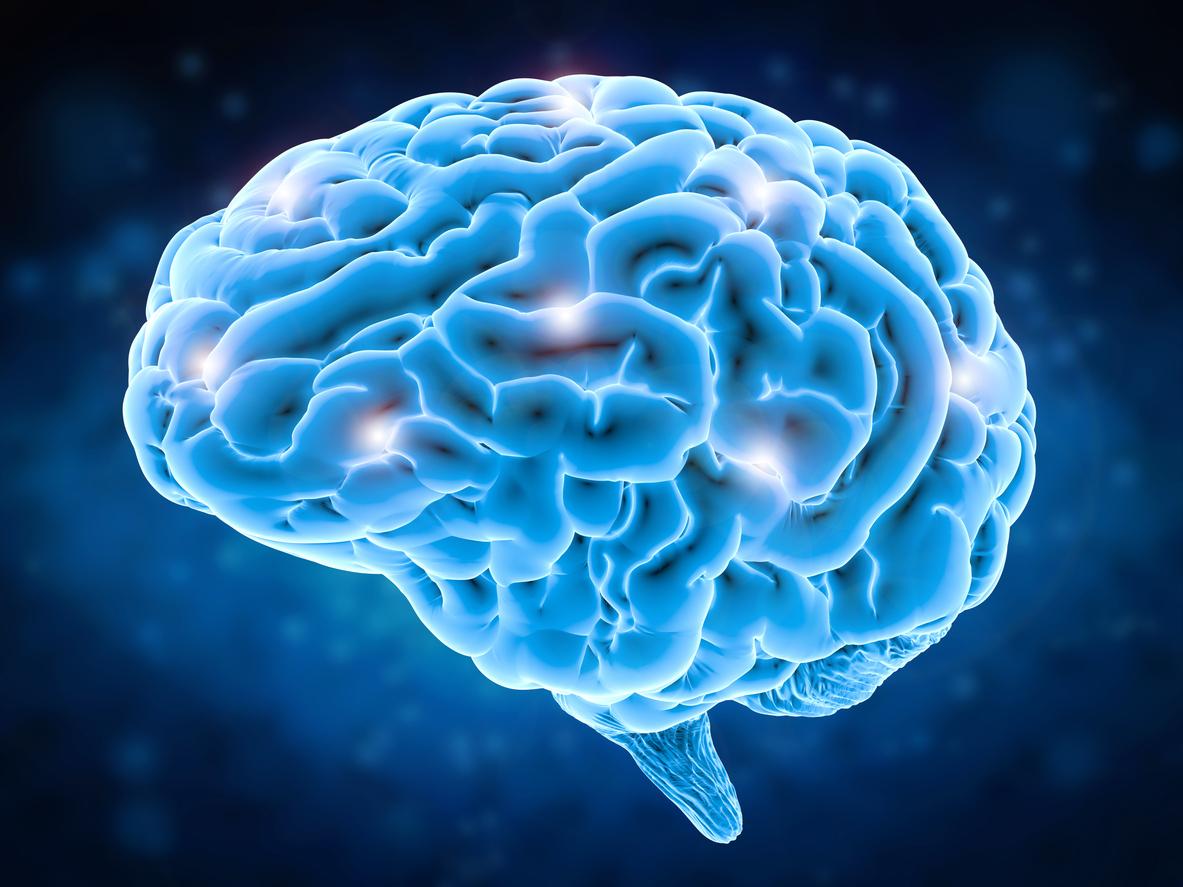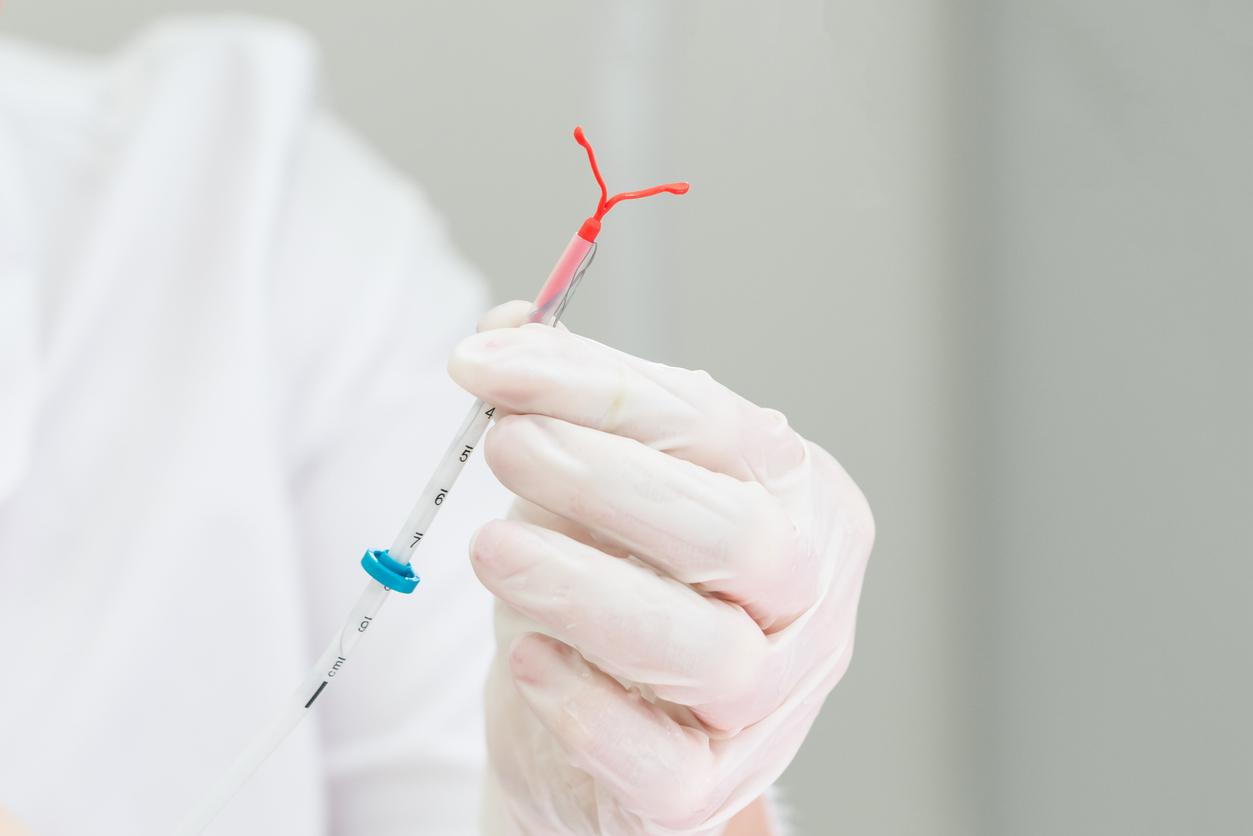Some IUDs, more dosed in hormones, are associated with a greater consumption of psychotropic drugs used to treat depression.

- The IUD containing 52 mg of levonorgestrel is not only prescribed as a contraceptive: it is also indicated for women suffering from too heavy periods, particularly in the case of endometriosis.
- These devices must be removed after five years.
What is the impact of hormones on mental health? According to a new study, published in JAMA, they could increase the risk of depressive symptoms. Produced by Epi-phare, a scientific group that brings together experts in pharmacoepidemiology from the ANSM and the National Health Insurance Fund, this research was interested in the consumption of psychotropic drugs by women, according to their intrauterine device (IUD). Those wearing IUDs with the highest hormone dosage tend to take more antidepressants.
IUD and depression: the dosage of hormones in question
“Studies have shown associations between the use of 52 mg levonorgestrel (LNG) intrauterine devices (IUDs) with depression, sleep disturbances, or the use of anxiolyticsspecify the authors of the study in the preamble. An IUD containing 19.5 mg of LNG has been marketed in France since 2018 and its lower dosage could lead to fewer adverse effects on mental health.” Levonorgestrel is a synthetic progestogen, it blocks ovulation. Two IUDs marketed in France contain 52 mg: Donasert and Mirena.
To understand the link between depression and IUD, the scientists relied on a national database. “We identified women aged 13-40 years with no prior use of a hormonal IUD and no prior use of psychotropics who received an LNG-IUD 52 mg in 2019 and a control group who received an LNG-IUD 19.5mg.” In total, this represented more than 90,000 women.
What are the effects of the hormonal IUD on the consumption of psychotropic drugs?
“Results showed a small but significant increased risk of antidepressant use within 2 years after insertion of an IUD containing 52 mg of LNG compared to a lower dose IUD“, observe the authors of the study. On the other hand, they did not find any “over-risk“for anxiolytics and hypnotics.”This study is the first to confirm the risk of depressive syndrome in the event of use of Mirena and Donasert and to show that this risk depends on the hormone dosage”develops Isabelle Yoldjian, medical director at the ANSM, in an article by 20 minutes. Compared to women with an IUD with a lower hormone dose, the increased risk of depressive disorders is approximately 13%. “Differences in absolute percentages of antidepressant use are small and unlikely to be clinically relevant at the individual level, but this finding is nonetheless important to consider at the population level and requires further study.concludes the study.
Contraception and depression: taking into account the risk-benefit balance
For Isabelle Yoldjian, these conclusions should not lead women to systematically remove their IUD. “The risk of depressive disorders should be weighed against the benefits, especially for women with endometriosis and menorrhagia“, she recalls. She hopes in particular that these results will promote exchanges between patients and their health professionals concerning contraception and its possible side effects.


















